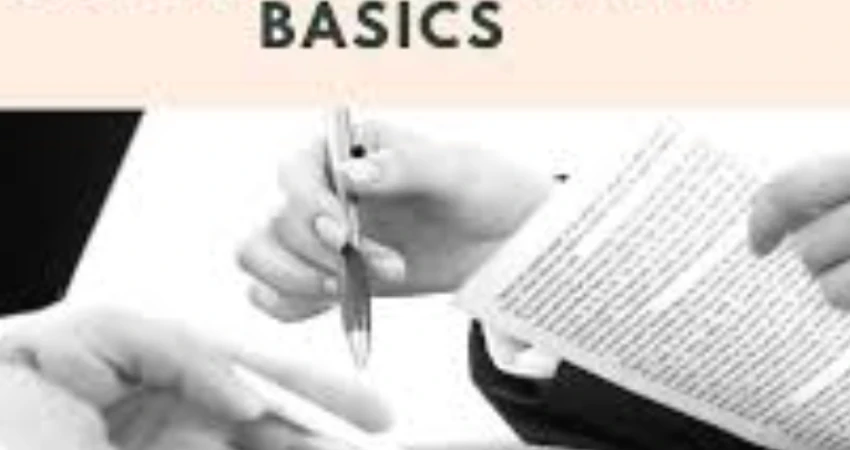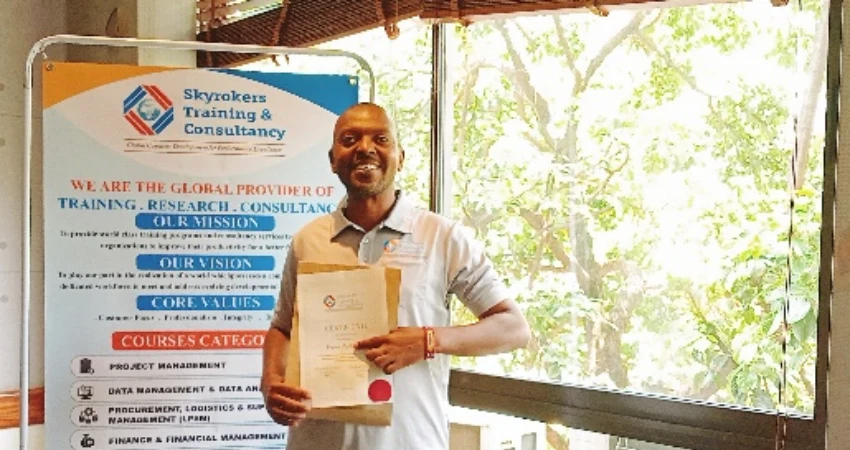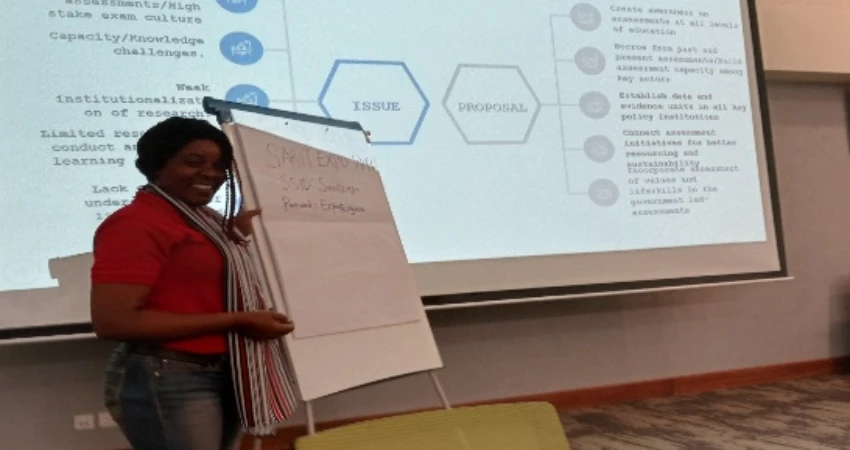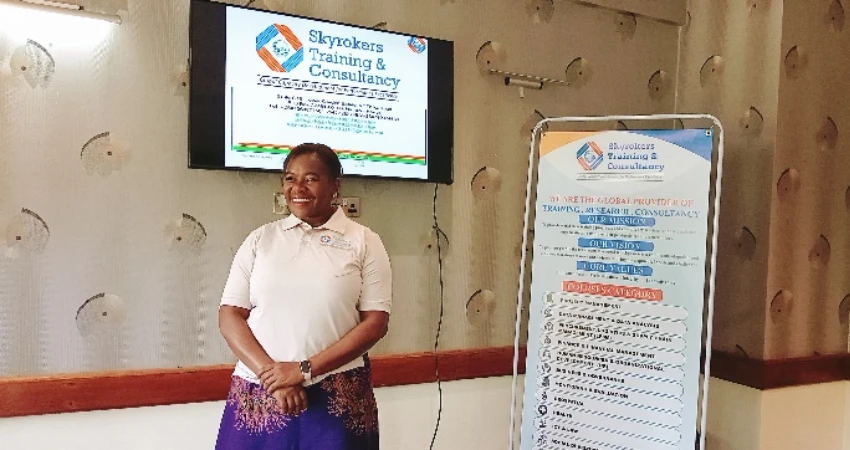 Jul 17, 2025 • Skyrokers
Jul 17, 2025 • Skyrokers
Why Continuous Learning Is No Longer Optional in Today’s Job Market
There was a time when graduating from school meant you were done learning. That time is over.
The job market doesn’t wait. Roles change. Tools update. Expectations rise.
What you knew five years ago may no longer be enough. Sometimes, it’s no longer relevant at all.
So ask yourself—are you learning anything new right now?
Employers Are Looking Beyond Degrees
Your degree still matters. But it’s no longer the only thing employers look for.
What they really want is someone who can adapt.
Someone who can:
- Pick up new software quickly
- Learn a new method without weeks of training
- Keep growing without being pushed
According to the World Economic Forum (2023), 44% of workers’ skills will be disrupted in the next five years. (Source)
That means almost half of what people know at work today won’t be useful tomorrow.
So if you're not learning, you're slipping.
Technology Is Moving Faster Than Most People
Think about how jobs have changed just in the last few years:
- Accountants now use AI-driven reporting tools
- Farmers rely on data from sensors and drones
- Teachers run online classes across different platforms
- HR teams use software to filter job applicants
The tools keep getting better. But if you can’t use them, you become replaceable.
Knowing how to learn—not just what to learn—is becoming the real skill.
You Don’t Need a Classroom to Keep Learning
You don’t need to enroll in a four-year program again.
You can start small:
- Take short courses on platforms like Coursera, Skyrokers Institute, or Udemy
- Attend webinars or workshops in your field
- Read industry blogs or subscribe to expert newsletters
- Join online communities where people share tools, trends, and tips
- Ask questions at work and volunteer for projects outside your comfort zone
The best learners are the curious ones. They ask, explore, and try.
Your Job Might Disappear—or Evolve
Automation is not science fiction anymore.
Machines are already doing things that once required people:
- Chatbots handling customer service
- Software scanning resumes
- Programs drafting legal contracts
This doesn't mean all jobs are disappearing. But many are changing.
If you’re not updating your skills, you’ll be stuck with tasks that no longer add value.
Would you hire someone to do what a free app can do?
Your future employer might be asking the same question.
Learning Makes You More Secure
People who keep learning have more choices.
They can switch jobs, take on new roles, or start a side hustle with confidence.
They’re not locked into one way of doing things.
Even when companies downsize, they’re the ones more likely to be retained or rehired quickly.
According to LinkedIn’s 2024 Workplace Learning Report, companies that invest in learning are 57% more likely to become market leaders. (Source)
And employees who embrace learning tend to move up faster.
Your Skills Are Your Personal Brand
Employers Google you. They check your profiles. They look at your work.
What are they seeing?
- Someone who took a short course last month?
- Someone who spoke at a small event?
- Someone who wrote about a tool they tried?
Or just another outdated resume?
The more you learn, the more you grow. And the more you grow, the more visible and valuable you become.
The Job Market Is Competitive—But You Can Stand Out
There are always people with more experience. But not everyone is improving themselves.
If you commit to learning regularly, you build a habit others don’t have.
That gives you an edge.
It also helps you speak the language of your industry. You’ll know what’s current. You’ll spot trends. You’ll have something fresh to say in interviews.
That’s the difference between getting hired and getting ignored.
Final Thought
You’re not expected to know everything.
But you are expected to keep learning.
So ask yourself:
- What’s the last new skill you learned?
- How often do you challenge your comfort zone?
- If your job ended tomorrow, what could you do next?
Don’t wait for change to force you. Prepare now.
Learning isn’t a bonus anymore. It’s the plan.





